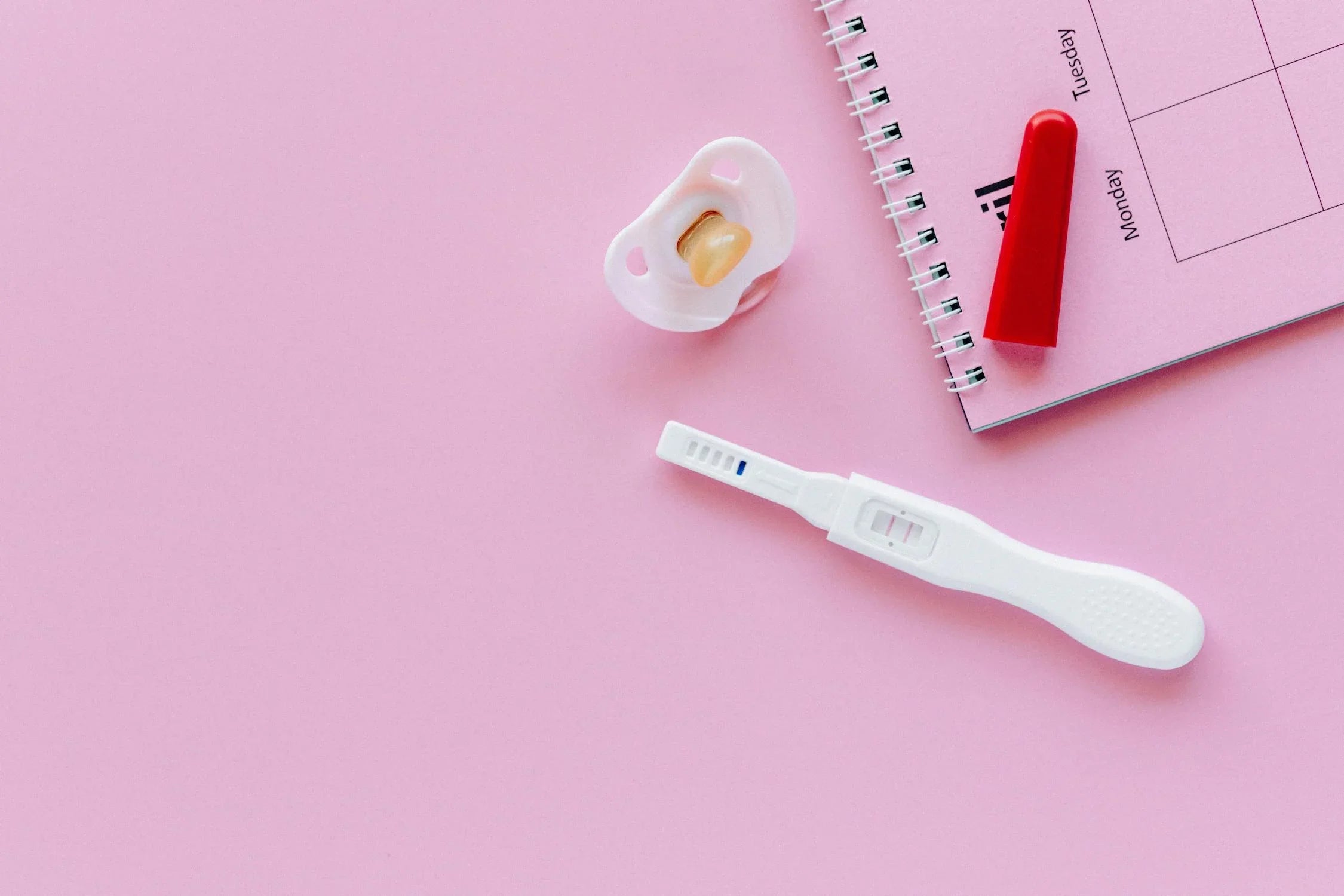Home
Pregnancy, Breastfeeding, and Pumping: The Ultimate Guide for Moms
Will a Pregnancy Test Work at 3 Weeks Pregnant? Everything You Need to Know

Will a Pregnancy Test Work at 3 Weeks Pregnant? Everything You Need to Know
Are you wondering if a pregnancy test will work at 3 weeks pregnant? This is a common question for those who suspect they might be expecting. Understanding how pregnancy tests work and when they are most accurate can help you navigate this exciting yet uncertain time. Let’s dive into the details to give you clarity and confidence.
How Pregnancy Tests Detect Pregnancy
Pregnancy tests detect the presence of a hormone called human chorionic gonadotropin (hCG) in your urine or blood. This hormone is produced by the cells that form the placenta shortly after a fertilized egg attaches to the uterine lining. The levels of hCG increase rapidly in the early stages of pregnancy, doubling approximately every 48 to 72 hours.
Timing of Pregnancy Tests
At 3 weeks pregnant, you are still in the very early stages of pregnancy. In fact, most women are not even aware they are pregnant at this point. Pregnancy is typically counted from the first day of your last menstrual period (LMP), which means that at 3 weeks pregnant, conception has only just occurred, and implantation may not have happened yet.
Will a Pregnancy Test Work at 3 Weeks Pregnant?
The short answer is: it depends. Most home pregnancy tests are designed to detect hCG levels after you’ve missed your period, which usually occurs around 4 weeks pregnant. However, some highly sensitive tests claim to detect pregnancy as early as 7 to 10 days after conception, which could be around 3 weeks pregnant.
If you take a test at 3 weeks pregnant, it might not yet detect hCG, especially if implantation has just occurred. This could result in a false negative. Waiting a few more days or until after you’ve missed your period can increase the accuracy of the test.
Factors That Influence Test Accuracy
Several factors can influence the accuracy of a pregnancy test at 3 weeks pregnant:
- Test Sensitivity: Some tests are more sensitive to lower levels of hCG than others. If you’re testing early, choosing a highly sensitive test can improve your chances of getting an accurate result.
- Timing of Implantation: Implantation typically occurs 6 to 12 days after ovulation. If implantation happens later in this window, hCG levels may not be detectable at 3 weeks pregnant.
- Urine Concentration: Using first-morning urine, which is more concentrated, can increase the likelihood of detecting hCG.
- User Error: Not following the test instructions properly can lead to inaccurate results.
What to Do If You Get a Negative Result
If you take a pregnancy test at 3 weeks pregnant and get a negative result, don’t lose hope. It’s possible that your hCG levels are still too low to detect. Wait a few days and test again, especially if you still haven’t gotten your period. If you continue to get negative results but suspect you might be pregnant, consider consulting a healthcare professional for a blood test, which can detect lower levels of hCG.
Signs and Symptoms at 3 Weeks Pregnant
At 3 weeks pregnant, you may not notice many symptoms, as it’s still very early. However, some women experience mild symptoms such as:
- Light spotting (implantation bleeding)
- Mild cramping
- Breast tenderness
- Fatigue
These symptoms can be subtle and are often mistaken for premenstrual symptoms. If you’re experiencing these signs and suspect you might be pregnant, it’s worth taking a test or waiting a few more days to test again.
When to See a Doctor
If you’ve received a positive pregnancy test result, it’s a good idea to schedule an appointment with your healthcare provider to confirm the pregnancy and begin prenatal care. If you’re experiencing unusual symptoms or have concerns about your health, don’t hesitate to seek medical advice.
For those who are trying to conceive, tracking your menstrual cycle and ovulation can help you better understand when to take a pregnancy test for the most accurate results. Remember, every woman’s body is different, and pregnancy tests are just one tool in understanding your reproductive health.
So, will a pregnancy test work at 3 weeks pregnant? While it’s possible, it’s not guaranteed. Patience and understanding the factors that influence test accuracy can help you navigate this early stage of pregnancy with confidence. Whether you’re eagerly awaiting a positive result or just curious about your body’s signals, knowledge is your best ally.
Share

